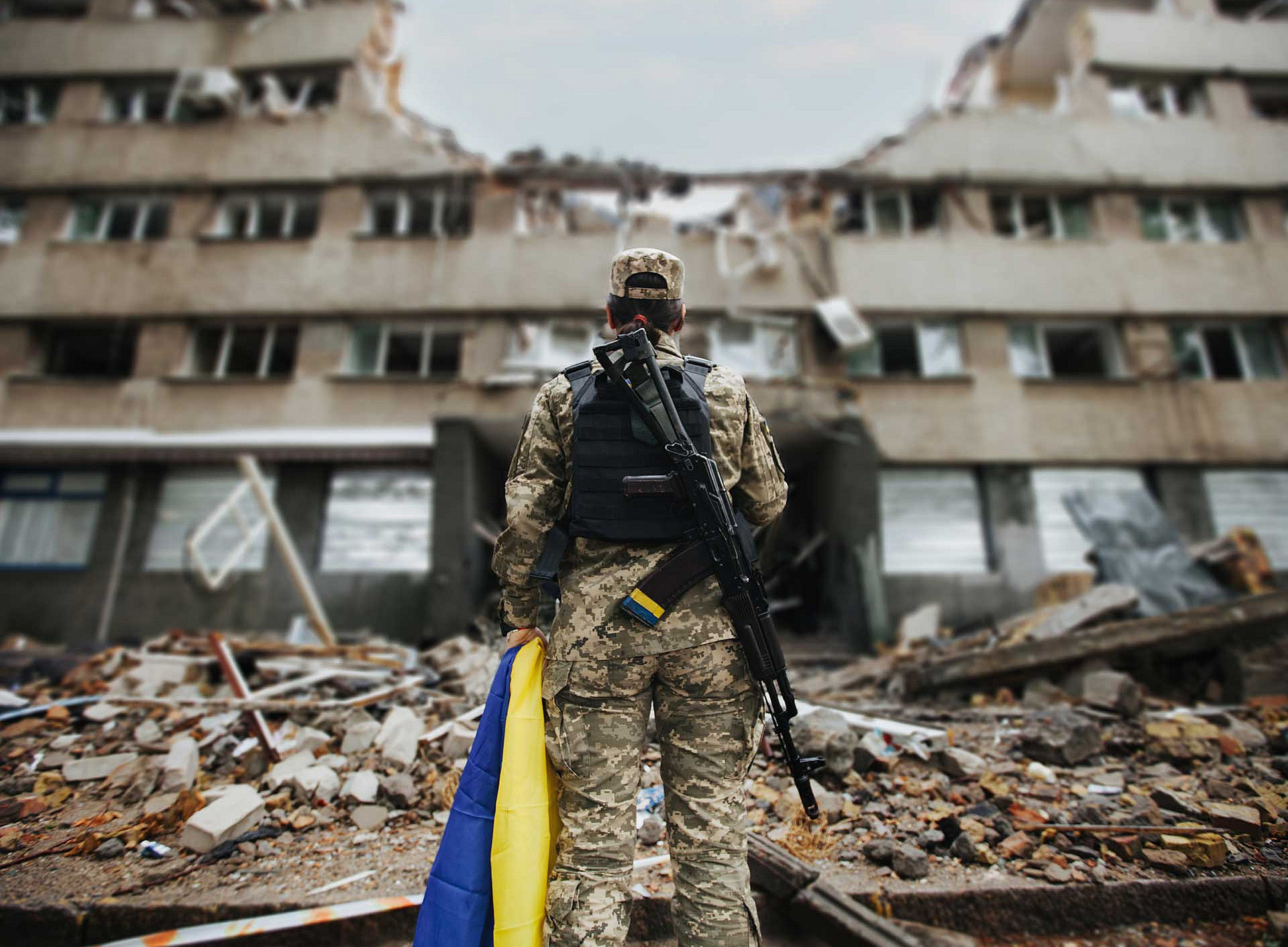After 2016, the University of Graz is once again hosting the 15th Austrian Contemporary History Day this year. More than 250 national and international academics will come together at the most important conference of contemporary historians in Austria, sharing their knowledge in a total of 100 lectures, discussion panels and sound performances.
Christiane Berth, Professor of Contemporary History, and Barbara Stelzl-Marx, Director of the Ludwig Boltzmann Institute for Research on the Consequences of War and contemporary historian at the Institute of History, have taken on the organisation. They are delighted that two Graz-specific anniversaries will be celebrated during the conference: 40 years ago, the University of Graz established the Department of Contemporary History. The Ludwig Boltzmann Institute for Research on the Consequences of War, which is closely linked to the University of Graz, was founded 30 years ago.
When we actually speak of the turn of an era or who defines it - for political reasons, for example - are among the main topics. This includes uncertainties and uncertainties, which in turn give rise to a strong interest in forecasts for the future. Technical innovations also often provide an opportunity to herald a "new era". At the same time, they challenge the historians themselves. They have to ask themselves the question: how can we preserve digital sources for posterity?
► Interview with the contemporary historians Christiane Berth and Barbara Stelzl-Marx
Opening on 11 April: Keynote on the war in Ukraine
One of the highlights will be dedicated to the Russian invasion of Ukraine: Serhii Plokii, Professor of Ukrainian History at Harvard University (USA), will trace the origins of the conflict and explain why the Cold War is back after a 30-year break.
In addition to the keynote speech, Rector Peter Riedler and high-ranking government representatives are expected to attend the opening of the conference, including Science Minister Martin Polaschek, National Council President Wolfgang Sobotka and Science Minister Barbara Eibinger-Miedl.
► https://zeitgeschichtetag-2024.uni-graz.at
